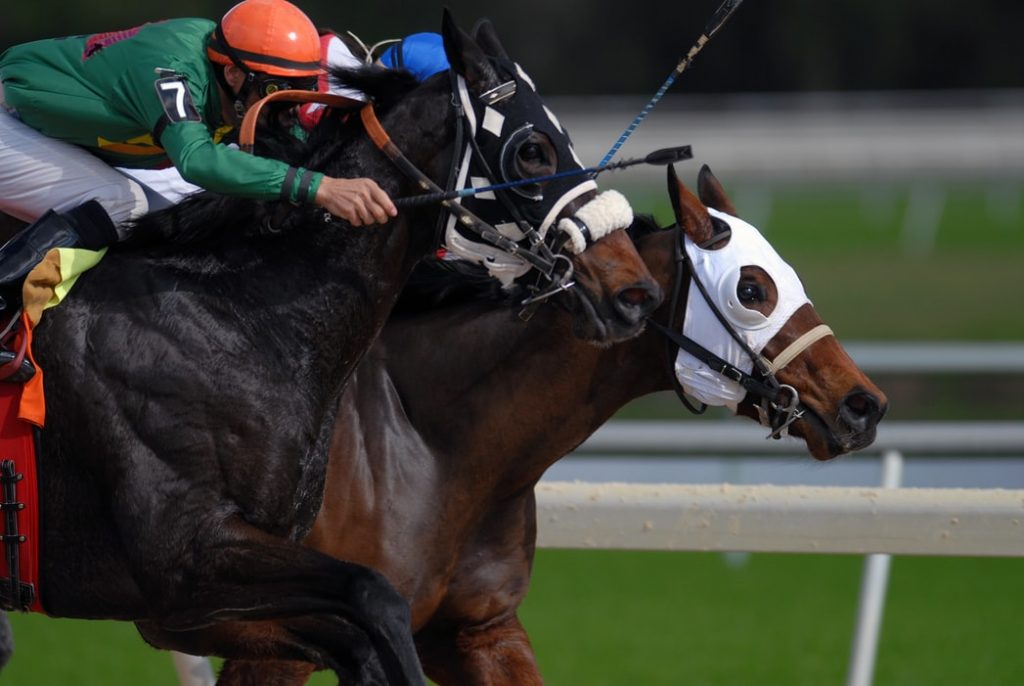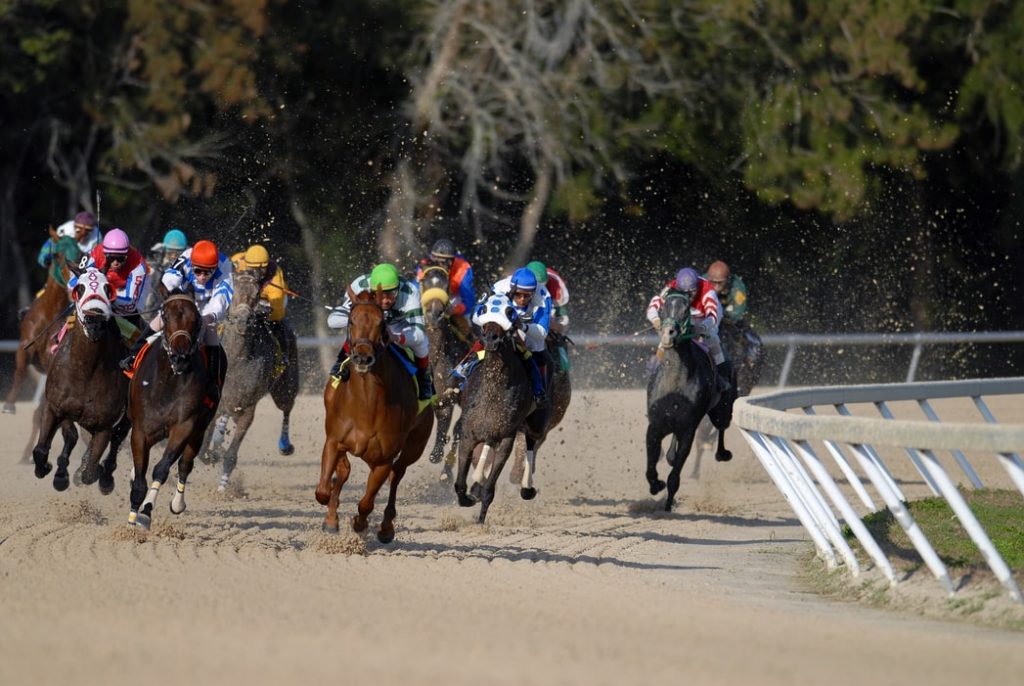
Tips and Tricks: How to Bet on Horse Racing
Tips and Tricks: How to Bet on Horse Racing
I

Photo by Jeff Griffith / The Unsplash License
When it comes to wagering, horse racing is a lot like any other sport. Bettors can place bets online or offline, but they’ll have more options for wagers online, in addition to easier access to highlights and analysis. That’s a lot different from offline wagering, where you’re limited to where and when you can place bets and the types of bets you can make.
But when it comes to actually placing your bets, there are certain skills you can apply to help improve your odds. Here are a few tips and tricks you should keep in mind:
Examine the Track Conditions
So, you’re all ready to place your bet but you haven’t thought about the track conditions under which your choice is playing. Big mistake! There are many different types of surfaces and track conditions that can exist depending on where you are in the world. For example, surfaces are typically made of dirt or turf, but there are many different grades these surfaces can appear in. Surface are officially categorized and are typically categorized according to their softness, firmness, heaviness, or wetness.
Horses tend to perform differently under different conditions. A horse that usually performs well on a soft surface might not be able to exhibit the same performance on a firm surface. The same goes for weather changes, too, and a wet course can greatly impact a horse’s performance.
Additionally, track conditions can also affect the jockeys. Some jockeys have their favorite courses and always seem to perform well on those courses. Maybe it’s the confidence from past wins, or maybe it’s due to the course’s design or materials. Whatever it is, make sure to factor in jockey performance history when placing your bets.
Do Your Research
Remember: the favorite only wins roughly one-third of the time. That’s why you need to get to know the horses you want to wager on and not just rely on the popular choice. This includes getting to know their past performances, breeding history, trainers, and jockeys. But it also includes knowing their behavior. If your chosen horse normally seems confident but is suddenly displaying signs of anxiety, then they’re not likely to perform well during that race, so you should rethink your choice.

Photo by Jeff Griffith / The Unsplash License
Besides researching current horses and their performance history, this also includes researching past races and past horses from decades ago. This will allow a bettor to be a properly informed bettor because he will be able to make decisions by drawing on information from a huge knowledge base.
So, how can knowing horse racing history help you? You’ll be able to compare current horses and conditions to past horses, races, and conditions, which might help you to determine the horse most likely to win (even if it differs from the favorite).
Apply Poker Skills
Did you know that you can apply poker skills to wagering on horse racing? Various poker skills, like bankroll management, adaptability, and determining your odds in advance, can help you to apply the right strategic plays for each race.
With bankroll management, it’s important to set yourself limits in advance so you won’t lose more than you can afford. This includes determining how many races you want to bet on and how much you want to bet for each race. This will help you to make smarter bets because you’ll have everything planned out in advance. Additionally, bankroll management is important because you’re not going to win every time. Being smart about your finances will allow you to deal with this and place more bets on other races.
As for adaptability, this is also crucial because you need to be able to adjust your betting methods and strategies on the spot if conditions change. If it looks like your favorite horse won’t perform well under the existing conditions, then it’s time to reconsider your betting plan. This connects to determining your odds in advance. If the odds for your desired bet don’t look good (based on the information you have), rethink your plan and adapt accordingly.



